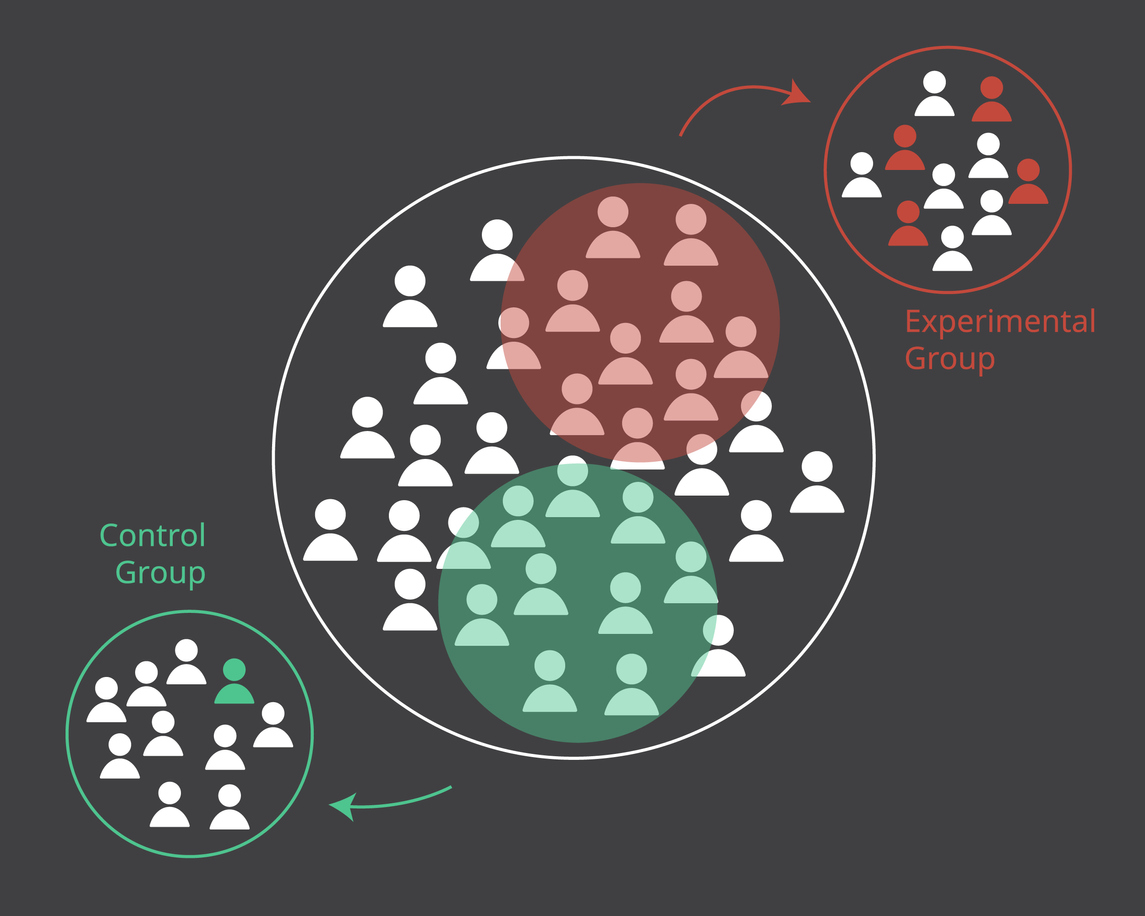Randomized clinical trials (RCTs) are the gold standard for study design in epidemiology. One of their analytical approaches is Intention to Treat (ITT). ITT concerns the random assignment of participants to either the treatment or control arm at the beginning of the study to avoid confounding. However, when participants do not adhere to their group assignment (treatment or control) and are lost to follow-up during the study period, results of an ITT analysis may be biased.
An alternative to ITT to address non-adherence to the assignment and loss of follow-up are Marginal Structural Models (MSMs). MSMs use weighting to allow for the estimation of a potential outcome caused by a specified treatment regimen when the treatment-outcome relationship is not observed.
For a study published in Annals of Epidemiology, CUNY SPH doctoral alum Elizabeth Lancet, Distinguished Professor Luisa N. Borrell, and colleagues used data from an existing clinical trial on asthma treatment using MSMs to assess the validity of ITT analyses in the presence of non-adherence and lost to follow-up.
The original study assigned 488 participants to three groups (two treatment and one placebo). By the end of the study, 174 (36 percent) did not adhere to the baseline assignment and 85 (17 percent) were lost to follow-up. We repeated the analyses using MSMs to account for the non-treatment adherence and loss of follow-up and the results were nearly identical to the ones observed when using the ITT analysis.
“The consistency of the findings observed with ITT and MSMs suggests that lack of treatment adherence and loss of follow up may not have affected the ITT results,” says Lancet. “However, further research is needed to confirm this consistency.”
“There is not a threshold for non-adherence or loss of follow up to help researchers make a decision of when to use MSMs as a better method than ITT for RCTs,” says Borrell. “Therefore, MSMs should be conducted as a sensitivity analysis to the ITT approach in clinical trials with non-treatment adherence and/or loss of follow-up.”




